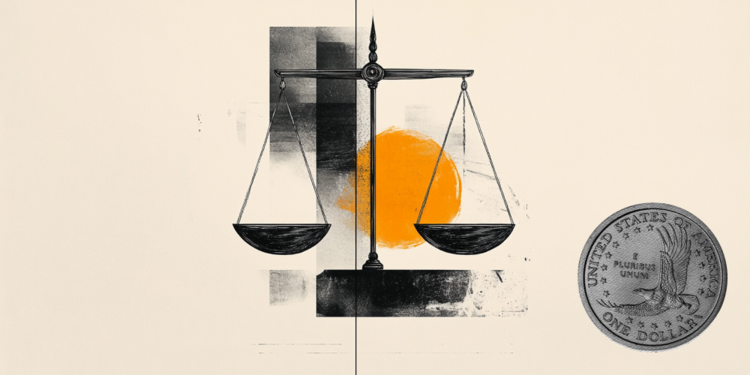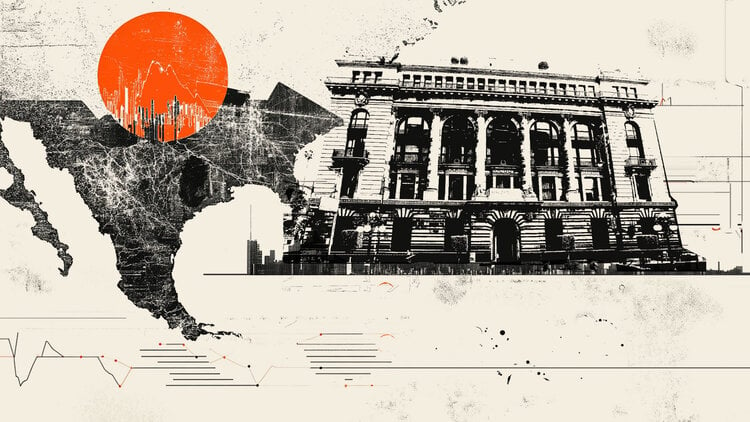Despite criticism of the Petrobras already made by the President of the Republic, Jair Bolsonaro , the federal government is among the biggest beneficiaries of the oil company’s financial results. On Monday (20), the Union will receive another portion, of R$ 8.8 billion, of the state-owned company’s profit.
The figure is part of a total, already announced this year, of R$ 32 billion in dividends that will be paid until July to the government the company’s largest shareholder.
Between 2019 and 2021, the Union had already pocketed another R$34.4 billion in dividends, at updated values, according to a survey by Einar Rivero, from TC/Economática.
When taxes and royalties are added to the profit destined for the Union, Petrobras has injected R$ 447 billion into the federal coffers since 2019, the beginning of the Bolsonaro government, until March this year, according to data from the company’s tax reports, revealed by the newspaper Estadão in May. .
Considering states and municipalities, the amount reaches R$ 675 billion. The amount paid to the Union alone corresponds to approximately five times the budget of the Brazil aid forecast for this year, around R$ 89 billion.
Since the beginning of the year, to counter the criticisms of Bolsonaro and leaders of the National Congress , Petrobras has been emphasizing that its gains return to society. The company reported that, in 2021, it collected BRL 203 billion in own and withheld taxes, the highest annual amount ever paid by the company, an increase of 70% compared to 2020.
In the first quarter of 2022, it paid another R$ 70 billion to the public coffers between profit, taxes and government participation, “practically double the amount collected in the same period of 2021”.
Problem or solution?
Faced with the numbers, economists with a more liberal or orthodox background tend to defend the use of extra revenue for the government, with the profit of the state-owned company as a source to finance policies that mitigate the effects of the increase in prices. fuels especially on the poorest.
In this logic, holding prices, leaving the account in the state-owned , is inefficient, as it affects all companies in the sector and all consumers benefit, from the poorest to the richest. Therefore, it would be more efficient to direct resources, via the Treasury, only to the poorest, without affecting the market.
For consultant Raul Velloso, criticism from politicians, including Bolsonaro, has to do with the effects of high prices on voter behavior. “The best thing would be to do something through public resources. The money [do lucro] comes to the owner, the main shareholder is the government, and he uses this, in some way, to solve this problem for voters”, said Velloso, citing an additional aid from Brazil to the poorest as a measure to mitigate, for example, the inflation of the gas cylinder.
“Poor mothers who cannot cook need to be helped. Profit comes to this,” she added.
There is practically a worldwide consensus on the need to make use of policies to mitigate the effects of fuel inflation, a shock boosted by the Russia’s invasion of Ukraine which occurs when the imbalances caused by the pandemic had not yet dissipated.
O UK adopted an extraordinary tax on the profits of oil companies. US President Joe Biden is also putting pressure on the industry.
Learn more about Oil and how its quotation works
“Don’t blame the oil companies for their high profits. It’s not about scorching prices, it’s just how markets work. But there is nothing wrong with taxing these windfall profits,” wrote Frenchman Olivier Blanchard, former chief economist at the International Monetary Fund (IMF ), on his Twitter account on Friday (17).
On the same day, Biden blamed, in an interview with the Associated Press, rising gasoline prices for economic pessimism in the United States. Petrobras announced a price increase of diesel and gasoline on the same date.
In the most orthodox view, measures financed with public resources, increased by the payment of dividends from state oil companies or extraordinary taxes on the profits of these companies, are better than controlling the prices charged by companies.
For Eduardo Costa Pinto, a researcher at the Institute for Strategic Petroleum Studies (Ineep), linked to the Single Federation of Oil Workers (FUP), the choice is not simple.
A professor at the UFRJ Institute of Economics, he said that Petrobras could define a new pricing policy, with technical market criteria, uncoupled from international costs.
In the expert’s accounts, if Petrobras had practiced 20% lower prices in 2021, the state-owned company’s net profit would fall from R$106.6 billion recorded to R$46.8 billion, already considering how much the company would lose by taking responsibility for all fuel imports from the national market. Profit would fall, but the company would still offer shareholder returns.
“The current policy is not based on market prices, but on maximum prices”, stated Pinto, adding that this is the result of the combination of the international parity policy with the monopoly position in the domestic market.
For the teacher, the discussion should start from the reflection on what to do with the increase in the Petroleum given the evolution of production in the pre-salt layer.
Petrobras has reduced its debt, is investing only in the most profitable projects, while revenue from oil extracted from the pre-salt is growing, at an increasingly lower cost of production.
Brazil has become a net exporter of oil and the sector’s income benefits when international prices rise. The professor’s calculations, based on Petrobras’ current five-year plan, suggest that this increase in oil income will translate into a net profit of R$400 billion over the next five years.
“The discussion is: how are we going to use oil revenue?” asked Pinto.
Source: CNN Brasil







